Qualcomm reveals Apple's final 5G iPhone desperation bill, Tim Cook is glad it's over with

In one fell swoop, Apple cut its self-inflicted Gordian knot of 5G modem supply and paid Qualcomm undisclosed amount to settle the patent litigation and secure a multi-year contract for 5G iPhones. Apple had little choice but to settle, as Intel threw in the towel on 5G modem development when it learned that Qualcomm resolved its patent issues with Apple, while America's homeland security institutions would balk at Huawei's involvement due to geopolitical considerations.
Samsung, on the other hand, simply can't make enough of its own 5G modems to exclusively supply another huge customer. Apple will reportedly still hedge its Qualcomm bets with Samsung as a side dish. If you are wondering why, it is most likely planning to use the more advanced Qualcomm modems in placed where mmWave spectrum 5G networks are being established, while Samsung's more affordable solution will remain for the sub-6 GHz crowd.
"It’s personal. I don’t see anybody who can bridge this gap," tipped the WSJ recently about Apple and Qualcomm CEOs relationship but the big boys ironed out their differences quickly. Famed Apple analyst Ming-Chi Kuo forecasts a fall 2020 release date of the future 5G iPhones. That's the same timeframe as before but this time around, Apple is in a position to use the best that the 5G market can offer without triggering the NSA, CIA and other three-letter agencies' wrath.
Verizon got South Korea beat with the first commercial 5G connection to a retail handset, but the Koreans launched a nationwide 5G network, with the Galaxy S10 5G being its poster child when not in flames. We kid, but upon the phone's release there, Korea has all of its carriers offering 5G plans now. Korea Telecom announced three 5G price tiers. Among those, there is a "Super Plan" that offers truly unlimited 5G data without speed caps, and this one will go for the equivalent of $70, a pretty good price no matter how you slice it.
A true nationwide shift to 5G networks is not happening this year in the US anyway, despite Verizon lighting up more cities soon, so iPhone users won't be missing all that much until then. Next year, however, most of the flagship phones of the spring season will probably have some sort of 5G connectivity support, be it with a Qualcomm, Samsung or Huawei modem, and Apple could have felt the pinch in that regard, hence the settlement with Qualcomm.
Effective as of April 1, Qualcomm went for a six-year global patent license agreement with Apple, with the option to be extended for two more years, and a seemingly endless chipset supply contract. Its financial terms are undisclosed no more, as Qualcomm tucked the lump sum amidst its quarterly results forecast for this current quarter which the company deems the third one in its fiscal year count.
While we continue to assess the accounting impacts of the agreements, our financial guidance for the third quarter of fiscal 2019 includes estimated revenues of $4.5 billion to $4.7 billion resulting from the settlement (which will be excluded from our Non-GAAP results), consisting of a payment from Apple and the release of our obligations to pay or refund Apple and the contract manufacturers certain customer-related liabilities.
In addition, our financial guidance for the third quarter of fiscal 2019 includes estimated QTL revenues for royalties due from Apple and its contract manufacturers for sales made in the June 2019 quarter. Our financial guidance for the third quarter of fiscal 2019 also includes $150 million of QTL revenues from Huawei, which represents a minimum, non-refundable amount for royalties due by Huawei while negotiations continue. This payment does not reflect the full amount of royalties due under the underlying license agreement.
In addition, our financial guidance for the third quarter of fiscal 2019 includes estimated QTL revenues for royalties due from Apple and its contract manufacturers for sales made in the June 2019 quarter. Our financial guidance for the third quarter of fiscal 2019 also includes $150 million of QTL revenues from Huawei, which represents a minimum, non-refundable amount for royalties due by Huawei while negotiations continue. This payment does not reflect the full amount of royalties due under the underlying license agreement.
If it wasn't for the $4.5 billion haul from Apple, Qualcomm's revenue would have been down year-on-year - both the licensing business, as well as the chipset sales. Still, it made more than a billion in profits, and a huge chunk of that comes from patent licensing and royalties hauled in from nearly every major phone maker, including Huawei which makes its own chipsets and 5G modems. With the Apple agreement, the health of that business segment is only poised to grow further, considering the tens of million of iPhones that Apple is selling each quarter.
T-Mobile deploys highly-anticipated upgrade to 5G for customers across the US
Another good thing coming to an end at T-Mobile tomorrow, leaving it a ghost of its former self
iPhone 17 Pro Max vs iPhone 16 Pro Max: Main differences to expect
AT&T, T-Mobile, and Verizon customers are going to hate carrier pricing intentions
Et tu, Apple? To 5G or not to 5G
"It’s personal. I don’t see anybody who can bridge this gap," tipped the WSJ recently about Apple and Qualcomm CEOs relationship but the big boys ironed out their differences quickly. Famed Apple analyst Ming-Chi Kuo forecasts a fall 2020 release date of the future 5G iPhones. That's the same timeframe as before but this time around, Apple is in a position to use the best that the 5G market can offer without triggering the NSA, CIA and other three-letter agencies' wrath.
Verizon got South Korea beat with the first commercial 5G connection to a retail handset, but the Koreans launched a nationwide 5G network, with the Galaxy S10 5G being its poster child when not in flames. We kid, but upon the phone's release there, Korea has all of its carriers offering 5G plans now. Korea Telecom announced three 5G price tiers. Among those, there is a "Super Plan" that offers truly unlimited 5G data without speed caps, and this one will go for the equivalent of $70, a pretty good price no matter how you slice it.
A true nationwide shift to 5G networks is not happening this year in the US anyway, despite Verizon lighting up more cities soon, so iPhone users won't be missing all that much until then. Next year, however, most of the flagship phones of the spring season will probably have some sort of 5G connectivity support, be it with a Qualcomm, Samsung or Huawei modem, and Apple could have felt the pinch in that regard, hence the settlement with Qualcomm.
Apple's CEO Tim Cook went on record during the conference call with analysts yesterday to comment on the deal with Qualcomm and its 5G plans going forward:
We're glad to put the litigation behind us, and all the litigation around the world has been dismissed and it's settled. We're very happy to have a multi-year supply agreement, and we're happy that we have a direct-license arrangement with Qualcomm which I know was important for both companies and so we feel good about the resolution.
[5G iPhone] is one I'm largely going to punt on, as you might guess. We look at a lot of things on the different technologies and try to look at and select the right time that things come together and get those into products as soon as we can.
[5G iPhone] is one I'm largely going to punt on, as you might guess. We look at a lot of things on the different technologies and try to look at and select the right time that things come together and get those into products as soon as we can.

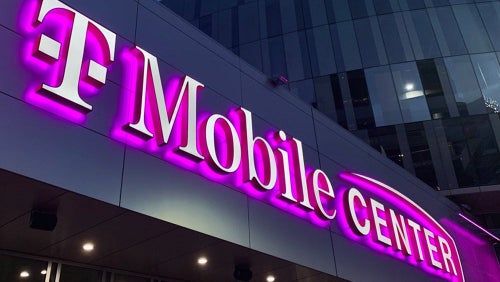
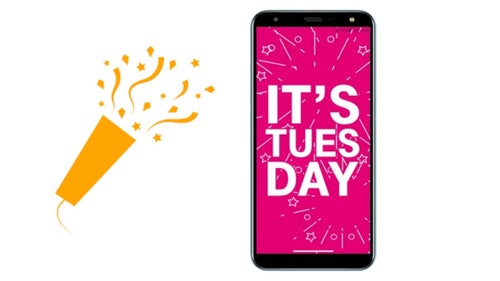
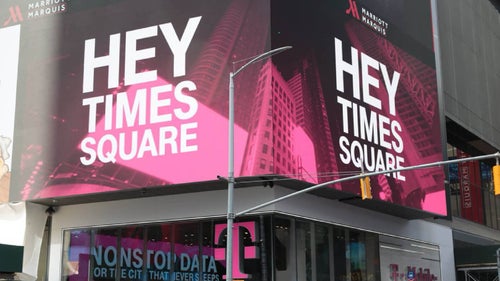


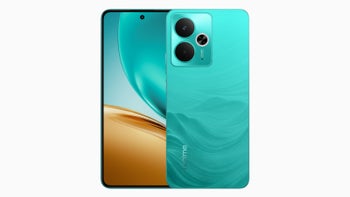
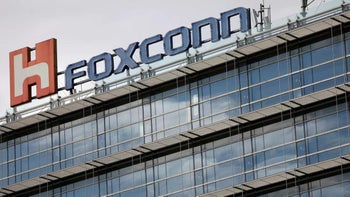
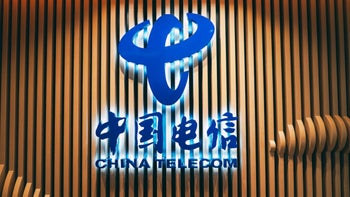
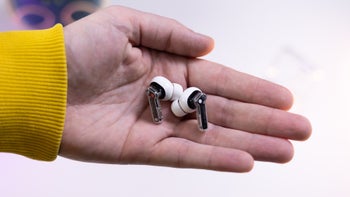
Things that are NOT allowed: